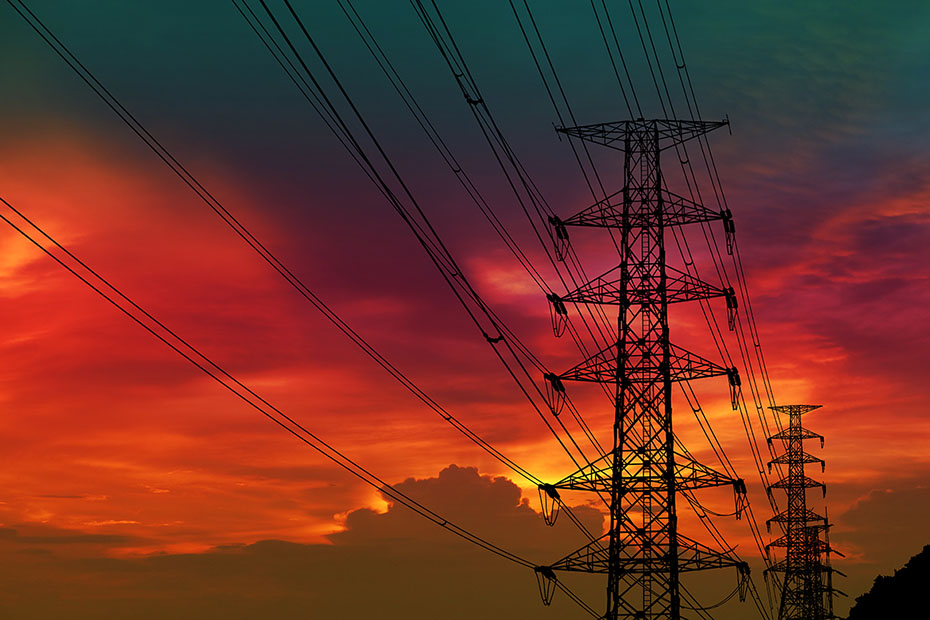
After ten o’clock at night, Harare, the capital of Zimbabwe, is unusually dark.
Within the Willowvale Industrial Park, a little plant lets out chatter and laughter.
Waiting for the brief period of electricity so they can work, men in overalls sit around a little fire in the moonlight.
In Zimbabwe, outages are common, but they are rarely this bad.
When asked about his energy-guzzling metal fabrication machinery by the BBC, George Sadziwa said, “There is no schedule — yesterday we got it at 10 past 10, but it is past that time now. He is concerned that his company, Geosad Engineering, may not be able to meet the deadlines for the delivery of ore grinding mills and fuel and gas storage tanks.
“Electricity is very essential in our business… From what the government officials are saying we hope this [situation] should turn around soon. If it doesn’t it will be a disaster.”
There is no timetable for the electricity’s return, according to a phone call to the power company. Expect the electricity between 11 p.m. and midnight, he is told.
According to Mr. Sadziwa, some of his business associates have begun working nights as well. Ordinary Zimbabweans are also having to adjust their schedules, get up at odd hours to iron their clothing, use electric appliances, and catch up on the World Cup games.
In the past ten years, Zimbabwe has invested roughly $2 billion (£1.6 billion) in power production. But the nation continues to experience power disruptions.
The Zambezi River Authority’s order to shut down Zimbabwe’s Kariba South power station as a result of dangerously low water levels in Lake Kariba in the past two weeks brought the problem to a head.
According to experts, the nation’s coal-powered thermal plants are meant to provide the baseload power, but the old generators frequently fail. Authorities have been compelled to draw significantly from Kariba as a result, using up the annual water allotment and reducing Zambia’s portion. A series of droughts had already caused water levels to drop.
Currently, the nation produces roughly 600 megawatts (MW) of electricity daily while requiring about 2,000MW.
Zimbabwe intends to import 500MW of electricity from its neighboring countries of Mozambique and Zambia, but crisis-stricken South Africa is also vying for the same supply to fill the gap. Over the past ten years, Zimbabwe has already spent over $1 billion on imports, but financing for renewable energy is still scarce.
“Investors are not certain they will get their money out,” Mr Utedzi said. “There is a need to create conditions that have attracted financing that others in the region have.”
The administration plans to generate 3,500MW of electricity within the next two years since it thinks the issues are just transitory. In the near future, it is stated that Kariba’s water levels are starting to rise once more and that one more unit at the Hwange thermal power station would be operational by the end of the year, bringing 300 MW to the grid.
Wella Chidziva thinks that while these won’t stop the power outages, they will allow the lights to be put back on in time for Christmas.










